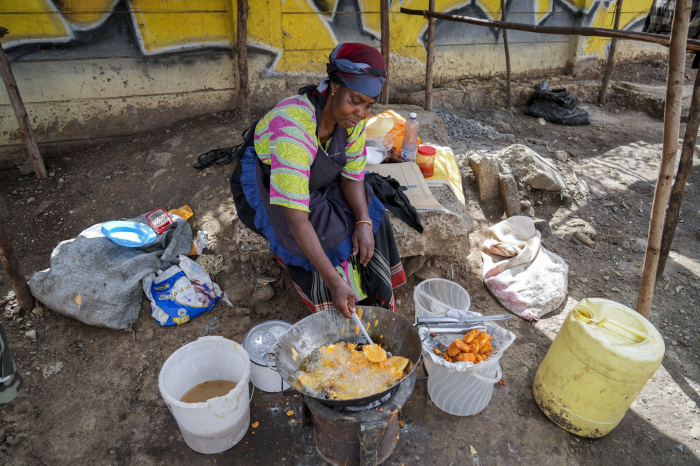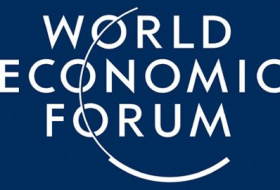U.N. Secretary-General Antonio Guterres said the problem of global food security could not be solved without restoring Ukrainian agricultural production and Russian food and fertilizer output to the world market.
Russia's invasion of Ukraine in February has added to volatility in financial markets, sending commodity prices higher and affecting logistics, potentially derailing the economic recovery from COVID-19 in many countries including Nigeria.
"Our analysis indicates that the war in Ukraine is only making things worse, setting in motion a three-dimensional crisis that is devastating global food, energy and financial systems for developing countries," Guterres told reporters during a maiden visit to Abuja, Nigeria's capital on Wednesday.
"There is really no true solution to the problem of global food security without bringing back the agriculture production of Ukraine and the food and fertilizer production of Russia and Belarus into world markets despite the war," he said.
Guterres said he was determined to facilitate dialogue to help achieve those goals.
He said the United Nations had called for an extra $351 million as part of the overall $1.1 billion for the humanitarian response plan for Nigeria. President Muhammadu Buhari said the continent was concerned that the attention on Russia and Ukraine could crowd out other issues.
Nigeria had to buy emergency supplies of Canadian potash in April after it was unable to import the key fertilizer from Russia due to the impact of Western sanctions, the head of Nigerian sovereign investment authority NSIA said.
Last month, the International Monetary Fund said the Russian invasion of Ukraine had delivered a further "huge negative shock" to sub-Saharan Africa, driving food and energy prices higher and putting the most vulnerable people at risk of hunger.
The extra pressure comes as many countries are still reeling from the protracted COVID-19 pandemic.
"We need to ensure a steady flow in food and energies through open markets by lifting all unnecessary export restrictions, directing surpluses and reserves to those in need and keeping a lead on food prices to curb market volatility," Guterres said.















































